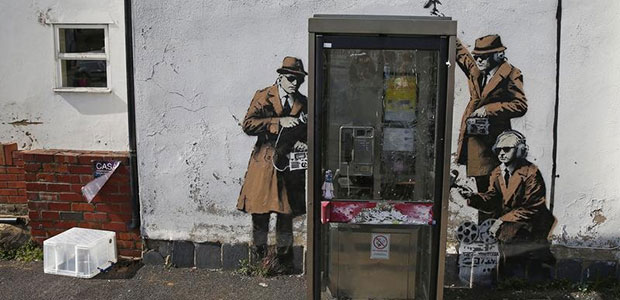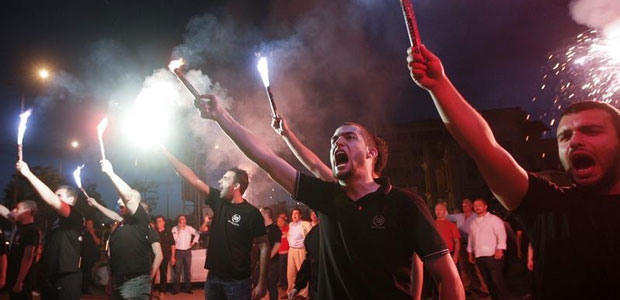Attacks on the Press in 2015

Treating the Internet as the enemy in the Middle East
The snow and freezing temperatures that struck Saudi Arabia unexpectedly in December 2013 were newsworthy in a desert kingdom better known for its extreme heat. But the fact that the ensuing power outages at a regional prison left prisoners without power or heat for nearly a week was apparently off-limits to reporters.

Outdated secrecy laws stifle the press in South Africa
Nelson Mandela regularly harangued the media once he’d been freed after 27 years of imprisonment by South Africa’s apartheid government. He would call individual journalists when he liked or disliked something they had written or when he wanted to advance a political lobby.

Amid Ebola outbreak, West African governments try to isolate media
On the first Saturday of November 2014, when media owner and broadcaster David Tam Baryoh switched on the mic for his weekly “Monologue” show on independent Citizen FM in Freetown, Sierra Leone, he had no idea that criticizing the government’s handling of Ebola would mean 11 days in jail.

For clues to censorship in Hong Kong, look to Singapore, not Beijing
When journalists covering pro-democracy demonstrations in Hong Kong on September 28, 2014, got word that protesters were having problems with cell phone service, it appeared to be a familiar response from governments across the world to dissent.

Surveillance forces journalists to think and act like spies
Once upon a time, a journalist never gave up a confidential source. When someone comes forward, anonymously, to inform the public, it’s better to risk time incarcerated than give them up. This ethical responsibility was also a practical and professional necessity. If you promise anonymity, you’re obliged to deliver. If you can’t keep your word,…

Journalists grapple with increasing power of European extremists
Athens, May 6, 2012. Journalists attending Golden Dawn’s triumphal election night news conference are ordered to stand up when the group’s leader, Nikos Michaloliakos, enters the room. “Rise up! Rise up! Show your respect!” barks the master of ceremonies, an agitated black-clad, bald-headed toughie. The journalists who refuse the injunction are asked to leave the…



